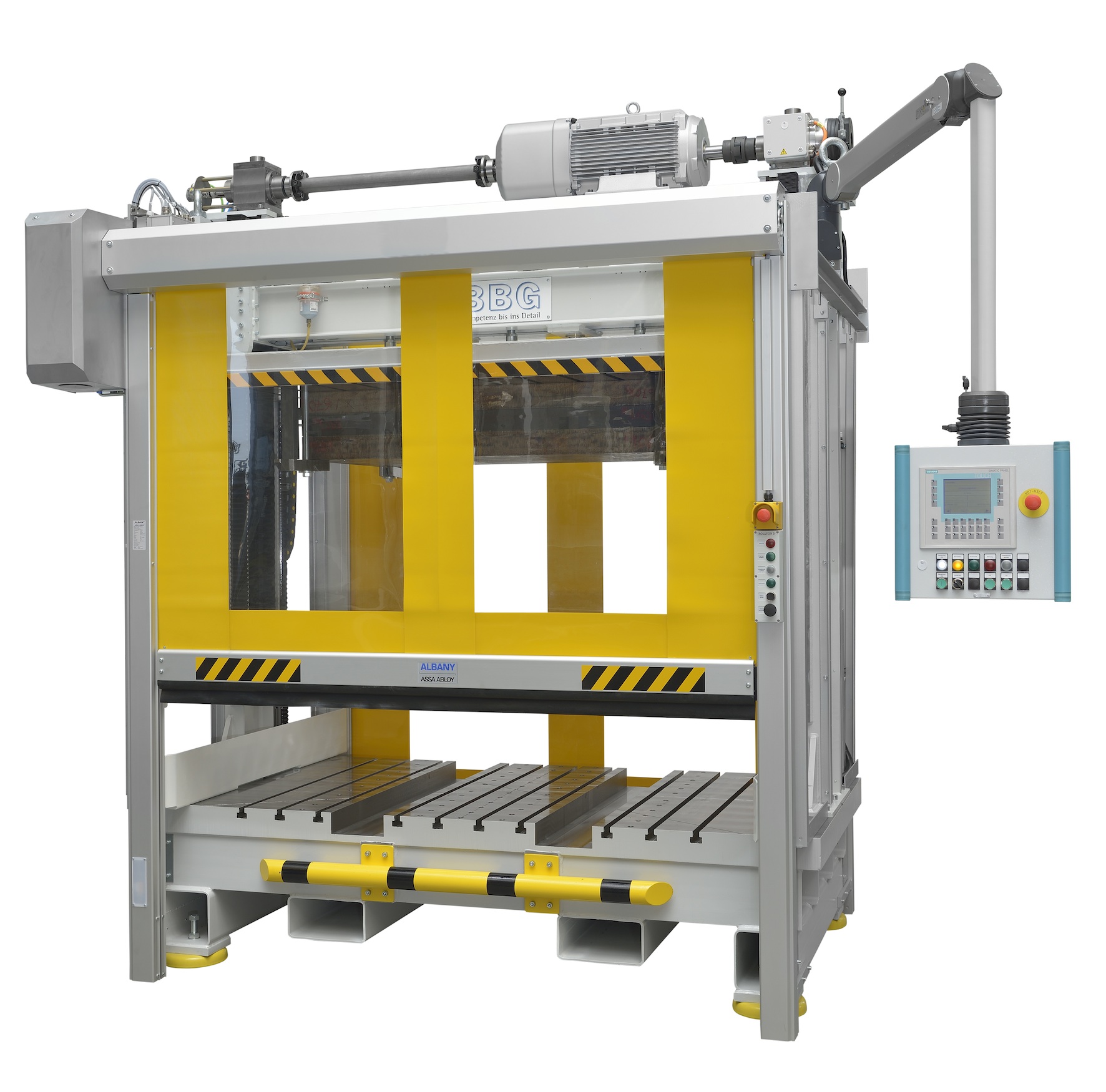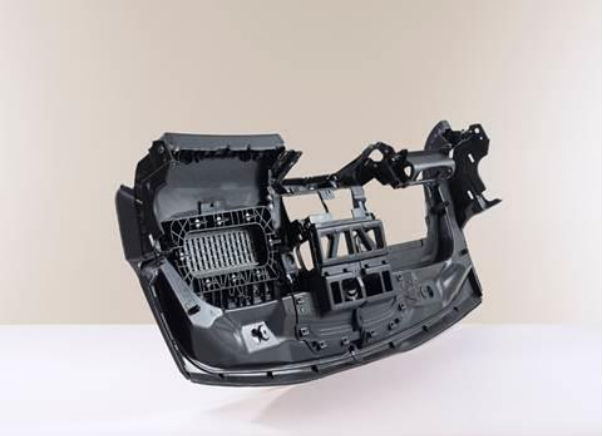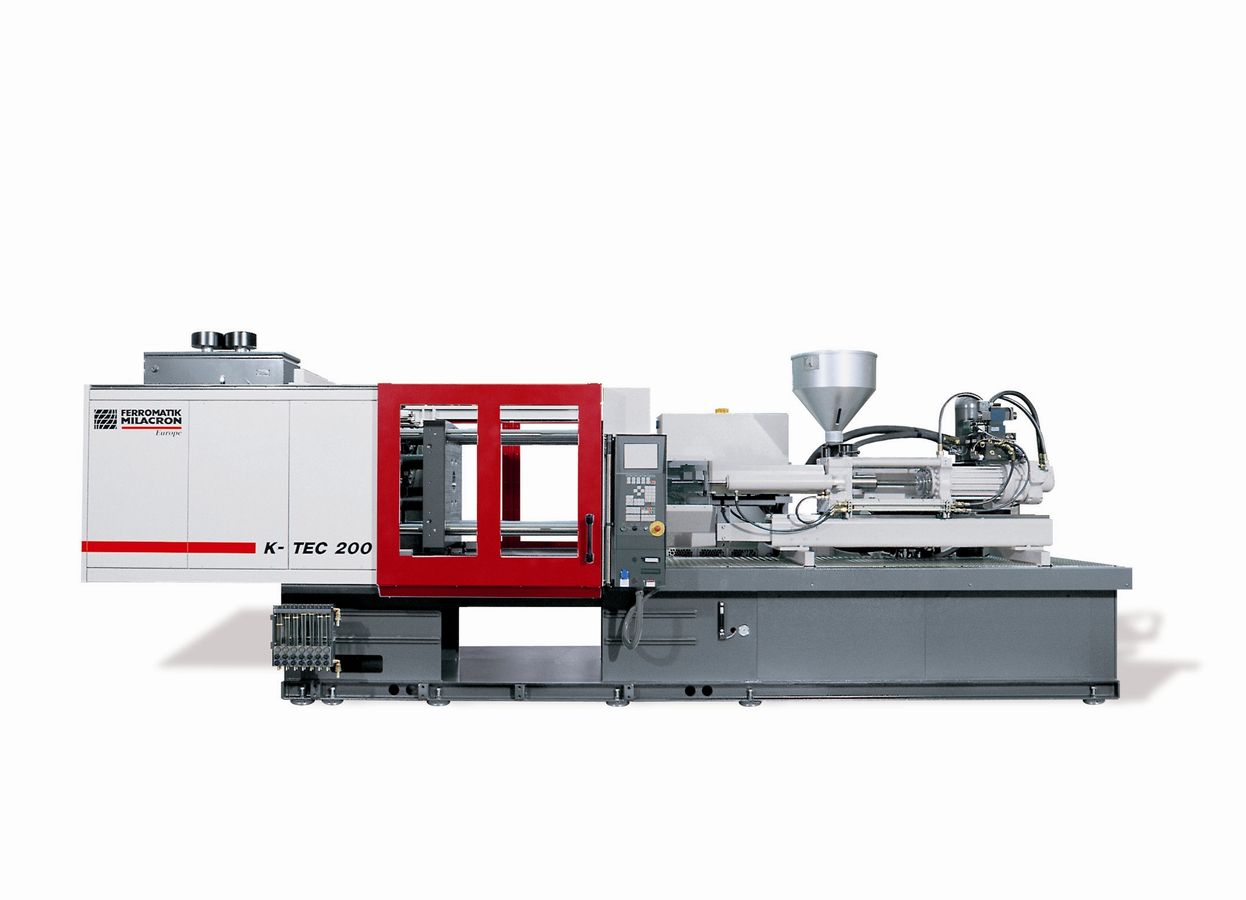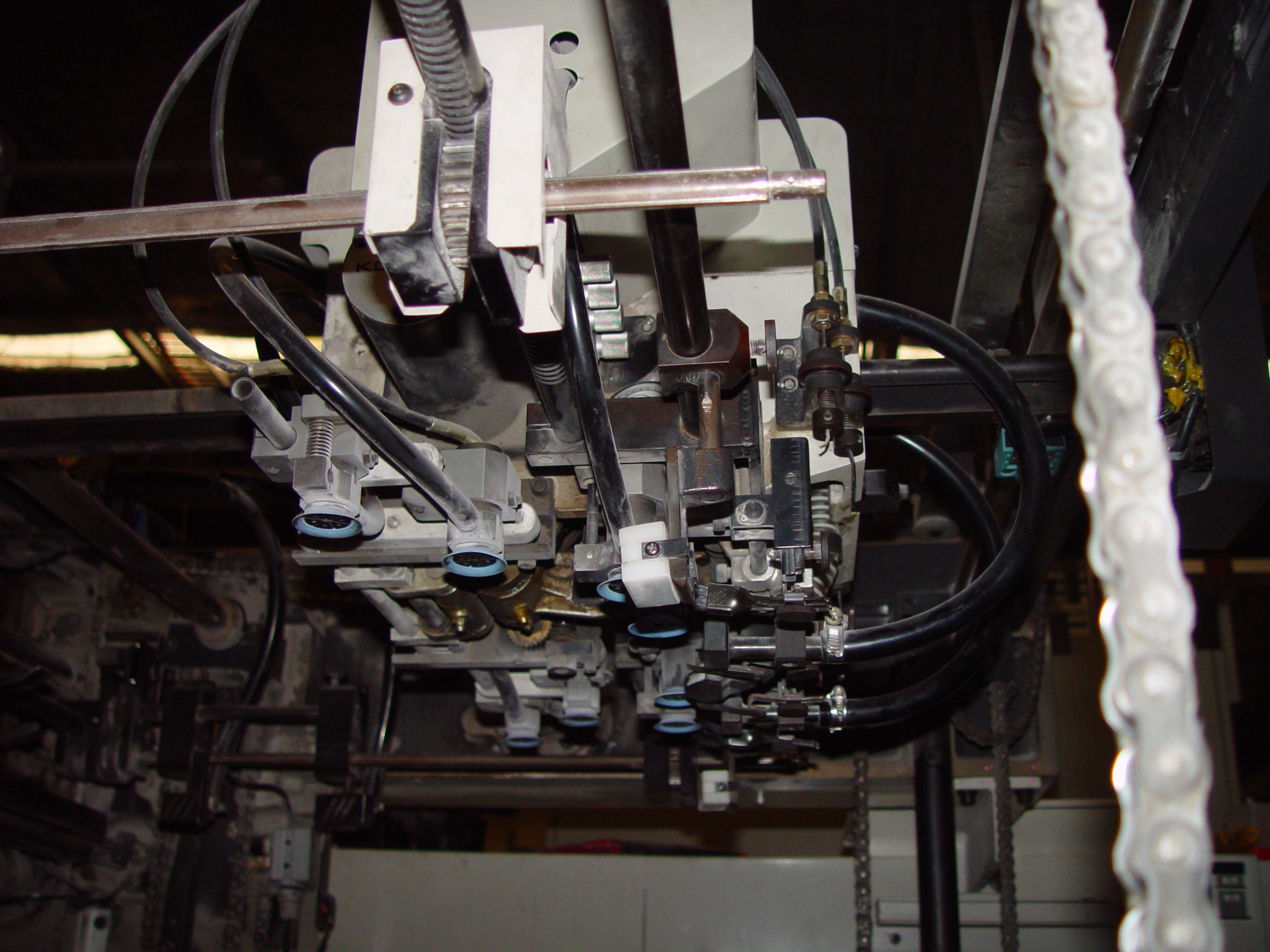That pretty much sums up what is in store for visitors privy to a peek behind the manufacturing operations at FloMet LLC here on Flightline Boulevard.
The company is a high-volume, contract manufacturer of small, intricate metal components, some with tolerances of as little as a 10th the thickness of a sheet of paper and none longer than 8 inches. Most of its work now is for the medical and health-related markets.
“We don’t design any of our parts,” said Ashley Nichols, FloMet’s director of technology.
Instead, staff engineers breathe life into custom designs with a process known as metal injection molding. The parts start out as fine metal powders that are mixed with binding materials, injected into molds, baked in furnaces and then cleaned.
FloMet officials say sales have picked up the past couple of years. At the same time, the privately held company has increased its production capability.
The company now has 19 molding machines on its factory floor, compared with eight in 2004, said Dorrie Sawyer, who holds several titles at FloMet–sales coordinator, customer service administrator and product manager.
Sawyer, who declined to offer specifics as to how many workers and molding machines it has added in the past two years, said the company has gradually increased its operations in conjunction with the pick up in orders from customers.
When it comes to bidding on jobs, she said, “the more complex the dimensions of a part, the better the fit with” metal injection molding.
Simple components may be easier to produce; however, other technologies are available where metal injection molding may not be as competitive. Some of the firm’s competitors are based in China and India where wages tend to be lower than in this country.
FloMet was founded in 1990 as a spin-off of the Brunswick Corp. Its annual sales are in the $15 million to $20 million range, Sawyer said.
“Business has quadrupled since 2003,” she said, despite the downturn in the economy in recent years. She attributed the increase to new customers, a stable list of repeat customers, continuous improvement efforts and quality upgrades.
Members of the Volusia Manufacturers Association who toured the plant Wednesday got an eyeful of such things as the tiny trigger safety part for land mines, needles used for sutures and even jaws used in cutting devices.
The 42,000-square-foot plant is currently using only 60 percent of its available manufacturing capacity. “We have another 40 percent we can fill,” Sawyer said.
FloMet officials are advocates of lean manufacturing practices. To increase efficiency, its 178 workers operate in two shifts, four days a week.
The company’s workforce includes 65 temporary contract workers from a local staffing firm.
“We use an agency to assist us with fluctuation in demand as well as to meet new growth and opportunity,” Sawyer said, adding that many of FloMet’s permanent hourly employees started out as temporary workers. Management and technical staff come through staffing agencies or other means, she said.
Sawyer declined to comment on whether the company planned to add workers in the near future.
Frank Mercer, director of the Center of Business and Industry at Daytona State College, called FloMet is “one of the premier employers in Volusia County.”
“I have visited the plant many times,” Mercer said while touring FloMet’s facilities on Wednesday.
He pointed to the plant’s automated plastic injection molding machines, with robotics, as the kind of technology that officials are trying to retain and grow in Volusia County.
“The metal injection molding they do is a niche market and the firm is recognized as one of the leaders in that market,” he said.
Sawyer said the company turned to automation two years ago because it needed to increase its production capacity. “We have one part that we have to make three million a year,” she said. She declined to identify the customer.
Mercer said Daytona State College has provided training assistance to some FloMet workers. “We have a course coming up this week, a certified quality technician course, that they are sending some of their folks to,” he said, adding the firm places a high premium on continuing education for its staff.
“They have great technology, a diverse workforce and they encourage education,” he said.
FloMet also prides itself on being a “green company,” Sawyer said, noting that some of the waste is recycled for use in paving roads.








